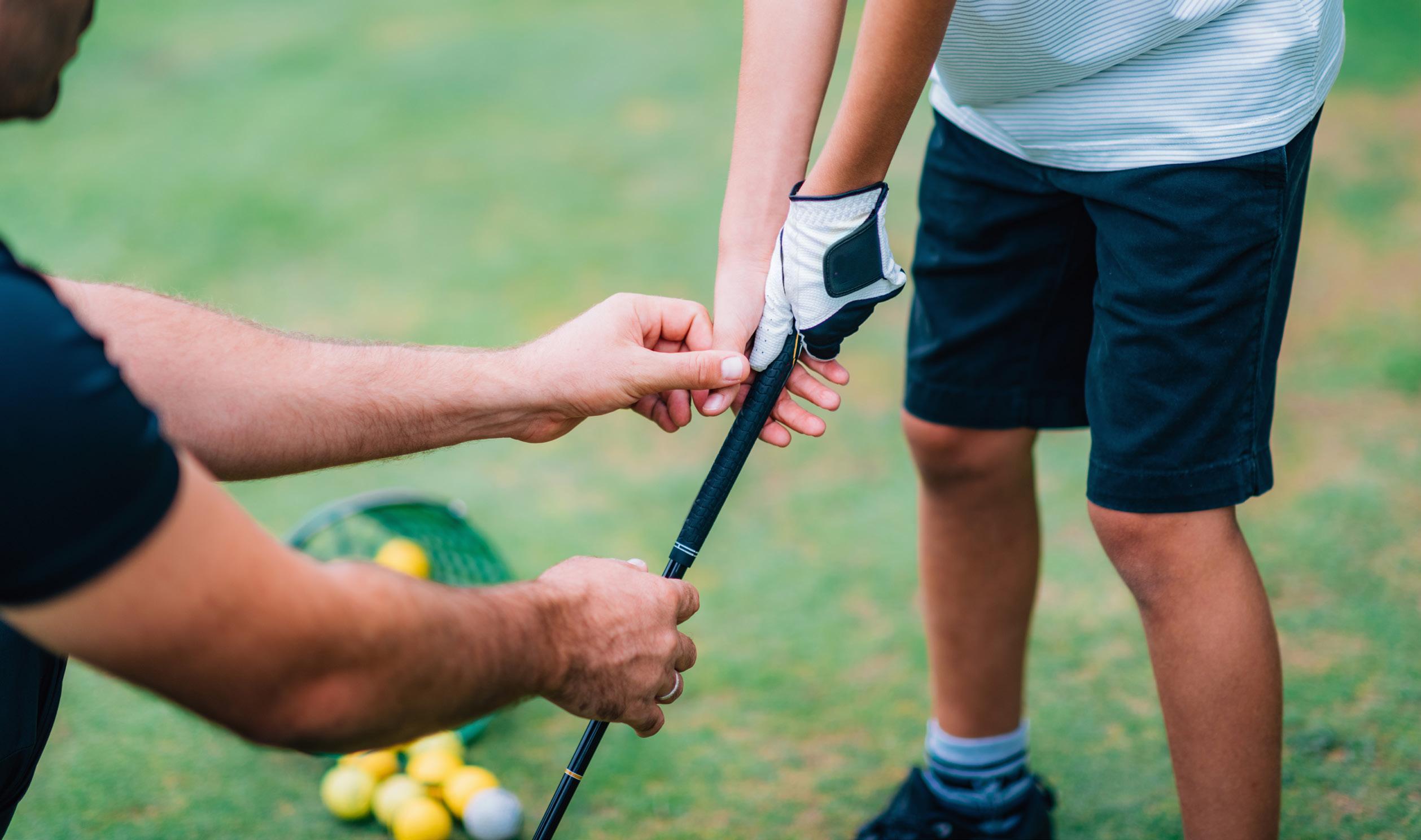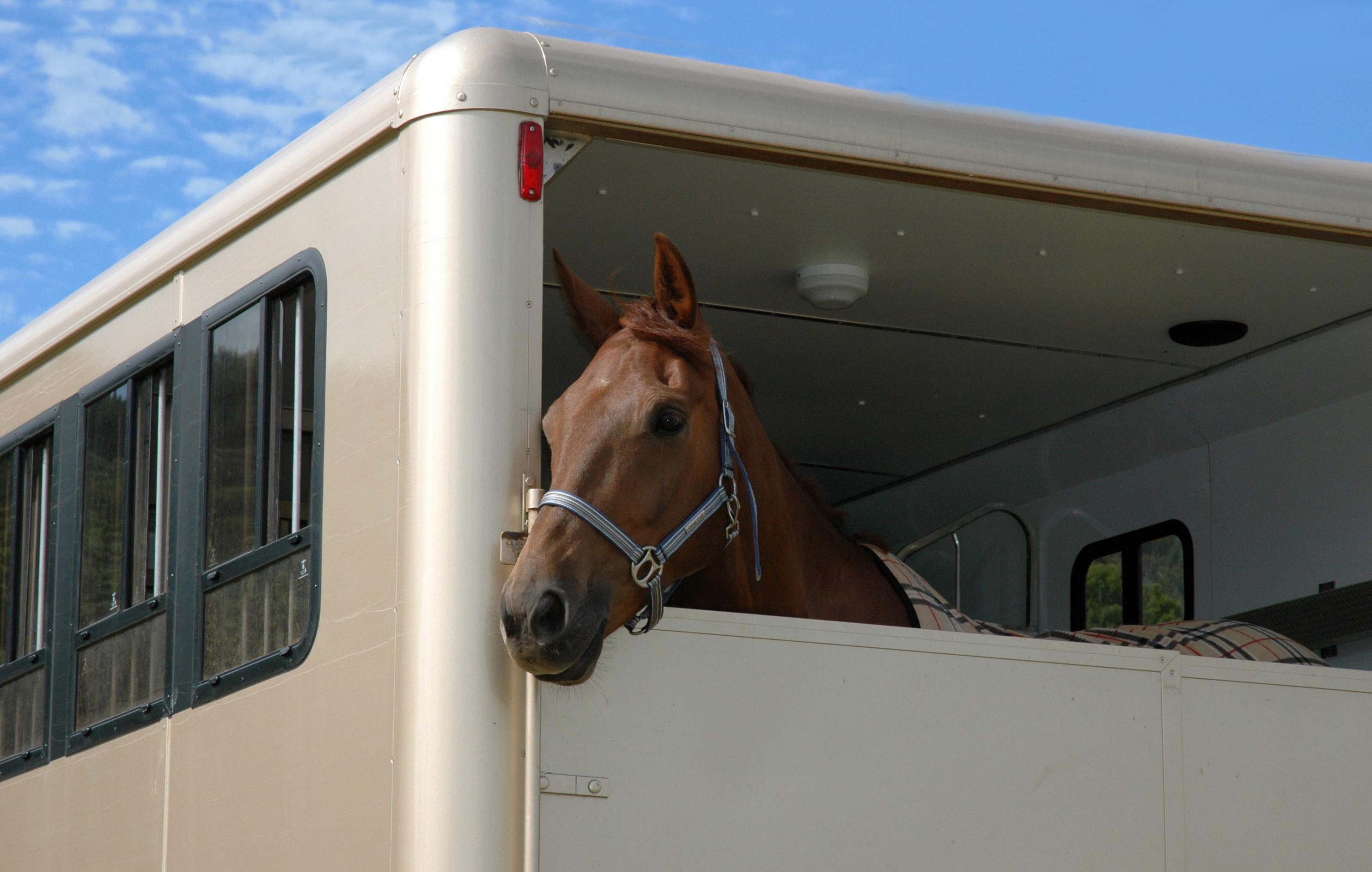PL
On the Buckle
Have Horse, Will Travel by Whitney Weston
I
’ve had the pleasure of matching horses and riders for a number of families who are purchasing their first horse. It is such a joy watching the love and bond between horse and human grow. Owning a horse is a huge responsibility, and my goal as trainer is to prepare and educate new horse families, not only while riding but also in caring for them while off the horse. We talk nutrition, lifestyle, health care, exercise, competition and goals. In order to take advantage of all the equine activities in the Sandhills, I encourage horse owners to have a truck and trailer available to use for veterinary and weather emergencies, and as a way to haul to lessons and shows. Owning a “rig” gives the horse family freedom to try different types of coaching, practice away from the barn, to compete at shows and be able to transport the horse in case of emergency. Over the years I have found a few tips that help for an easier and safer trip for first-timers. Equipment There are many options for towing a trailer, but the most important is to have a truck with a towing capacity to safely haul your trailer. After hitching up your trailer, double-check that the hitch is locked and that the safety chains and emergency brake 50 ASOUTHERNSOPHISTICATION
cable are positioned properly. Make sure there are lots of fluffy shavings to bed the trailer so the horse has a soft ride and reduced injury from stepping on himself. There are also a variety of horse leg bandages (shipping boots) that keep their legs safe from kicks and scrapes. Keep your horse entertained with a hay snack. Tie the haybag or net inside the trailer high off the floor so the horse’s hooves don’t get caught. You will need to make sure your horse’s halter is made of leather or has a leather breakaway strap. In the event a horse gets stuck or trapped and panics, we want the leather to break so the horse can safely free himself. When a horse panics, it usually pulls back against the trailer. That is why we also never tie the horse’s halter to the inside of the trailer unless it is with a velcro breakaway strap. The velcro will give way with a large amount of pressure when needed. Nylon and bungee-type ropes tend to cause trouble. At some point in your travels, you will get a flat tire. Have a spare handy, along with a tire iron and jack. Also bring a toolkit and fire extinguisher. At this point in my career I have changed so many trailer tires that my personal record is 10 minutes! Just wait, you’ll get that much experience too.









